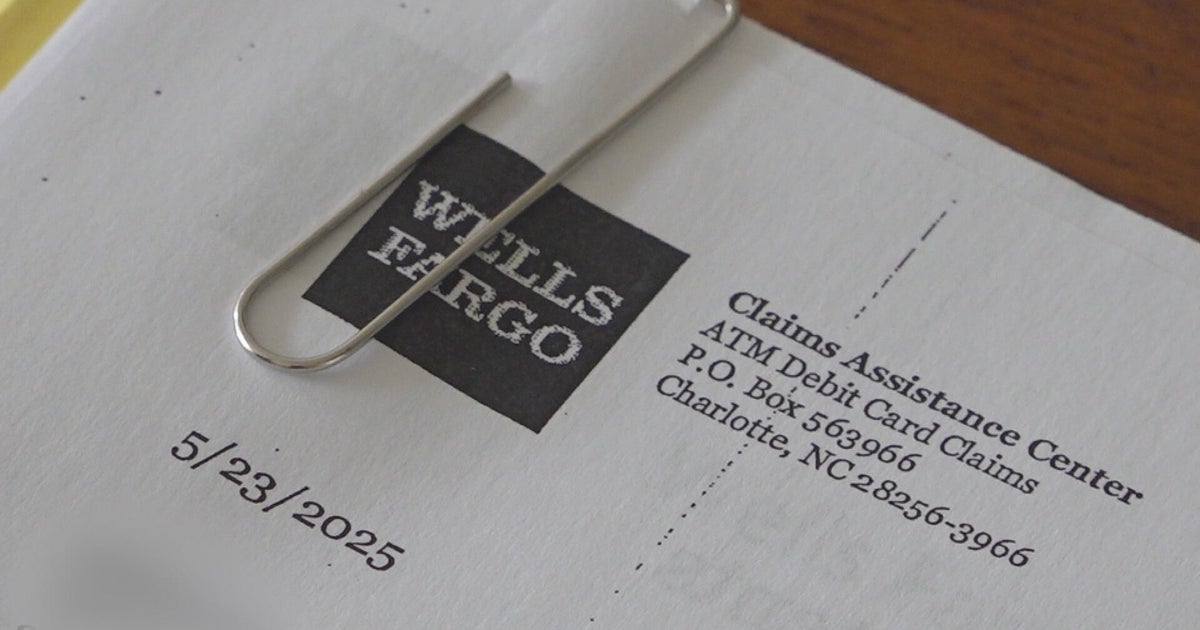Penalty Free At 60
BOSTON (CBS) - The number I am looking for is actually 59½!
You finally can get at those dollars you have been stashing away for years in your retirement plans without paying a 10% penalty.
Congress imposed a penalty on early withdrawals from retirement plans to discourage workers from taking money out of their retirement plans. Now I am not so sure that the penalty has really discouraged workers from getting at their money.
Surveys have shown that over 60% of workers who leave their jobs before age 59½ and have access to their 401(k) plan money take the money; even though their employer withholds 20% for taxes and they face that 10% penalty when they file their tax return.
What's so magical about age 59½? Well for starters, Congress now considers you old enough to retire and allows you access to your retirement money. That could be your 401(k), 403(b), your self-employment plans such as a SEP-IRA, SIMPLE IRA or Keogh, your IRA and your Roth IRA.
Now the Roth IRA has one more wrinkle. To make tax free withdrawals, the money must have been in the Roth account for at least five years before you reached age 59½. But with Roth IRAs you have access to your contributions at any time for you have already paid income taxes on those dollars.
If you haven't formally retired or don't need the money to support your current lifestyle in retirement, my advice would be; leave the money alone. If you have retired and have your retirement money scattered about, you may want to begin to think about consolidating your accounts. Rolling your money into a single IRA would make the paperwork so much simpler and getting one statement instead of 4 or 5 cuts down on your management time.
Congress may think you are old, your employer may think you are old, the bagger at the grocery store may call you "mam", your kids may think you are from the dark ages, but on this one trust me, 59½ is not old!
So your retirement planning should not stop once you reach this magic age. If you are working, continue to contribute to your retirement accounts and invest for some growth in your portfolio because you may have 30 years or more in retirement. If you plan to work until you can collect your full Social Security benefits try to sock away as much as you can in the next 7 years.
One more thing: If you could sock away $5,000 a year for the next 7 years and we assume an 8% return you could have close to $50,000 at retirement ($47,000 to be exact). Now if you don't need it right away and it stays until you must begin mandatory withdrawals you would have an extra $70,000 in your nest egg.







